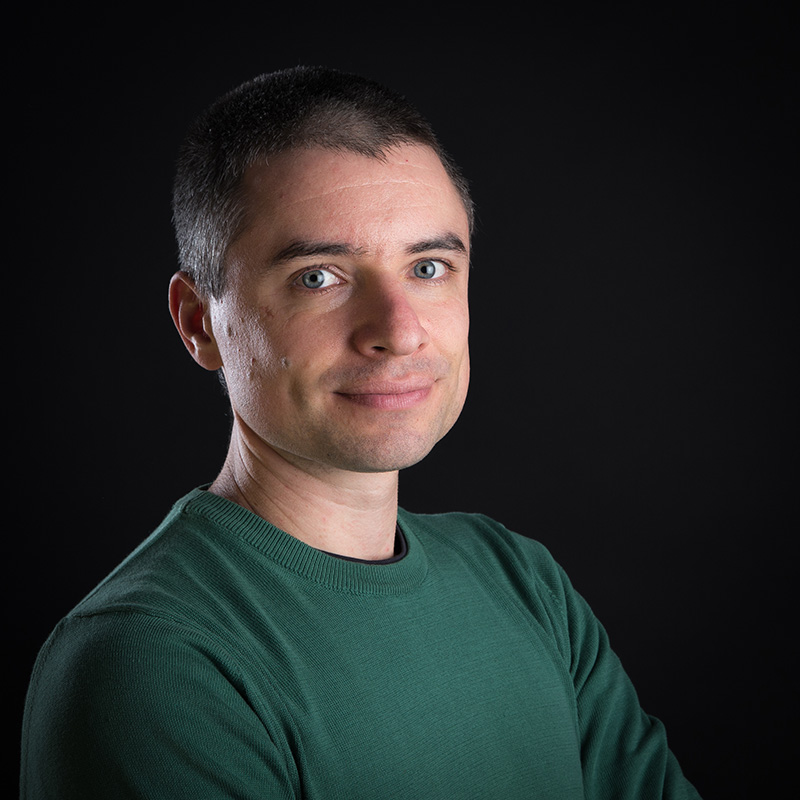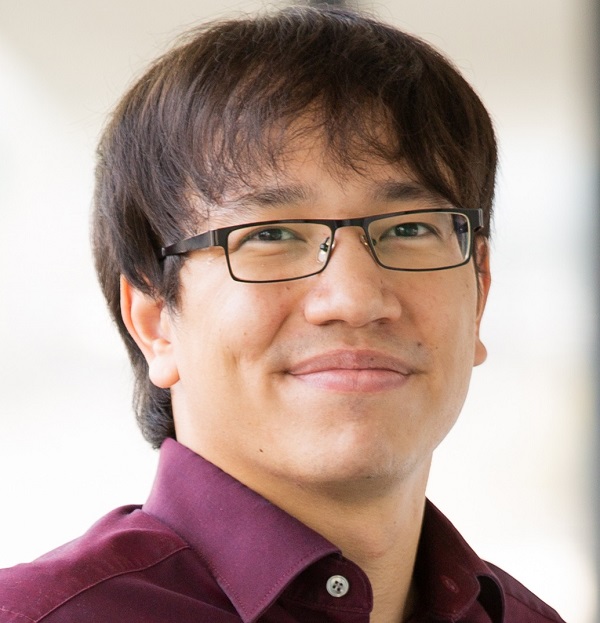MBSE for Combination Product Development at Novartis
Medical device development in pharma is closely linked to the drug that needs to be delivered, to form a combination product. The complexity in the development of such products include the requirements management (covering from manufacturing to transportation, storage and usage), the traceability of information throughout the lifecycle, the documentation management and the overall organizational complexity (internal departments and external vendors).
Combination product development is an excellent example for highly interdisciplinary work between multiple teams of totally different domains as e.g. mechanical engineering, human factor engineering, pharmaceutical formulation, regulatory, IT.
In this presentation, the journey towards Model-Based Systems Engineering within Medical Device development at Novartis is discussed: examples from injector devices, challenges encountered and lessons learnt so far.
Since development of Combination Products is strongly correlated to the integration of the different discipiles and work results from different team, the application of Systems Engineering in this domain leads to integration of these different teams. By enabling communication between the different teams, especially with MBSE system models, they are enabled to work as "Team of Teams" and their classical way of working is impacted strongly.

Ettore Marzocchi PhD is working for Novartis - Global Drug Development (GDD) in the area of
Technical Research & Development (TRD) and is responsible for Requirements Engineering and Systems Engineering.
Novartis is a global pharmaceutical company known for its innovations in the healthcare sector. The company is committed to good corporate governance, emphasizing transparency and reliability.

Oliver Bleisinger is team leader for MBSE at :em engineering methods AG. Previously, Oliver worked as Business Area Manager Automotive at the Fraunhofer Institute for Experimental Software Engineering, where he performed research in Systems Engineering. He graduated with a Master's degree in Automotive Engineering and is currently aiming to finishing his PhD with focus on AI-support for Systems Engineering. Furthermore, he is lecturer in the subject of Systems Engineering at the Esslingen University of Applied Sciences and a lecturer in Software Engineering at the Johannes Gutenberg University Mainz. He holds over 30 publications, mostly on mixed industrial and research conferences.